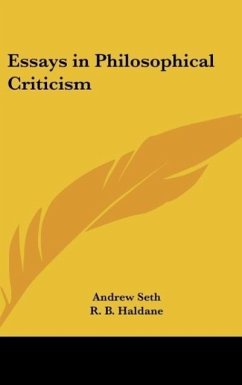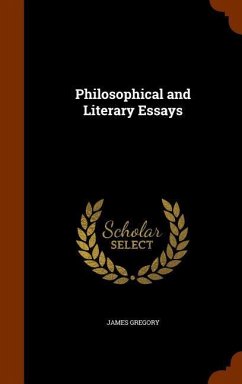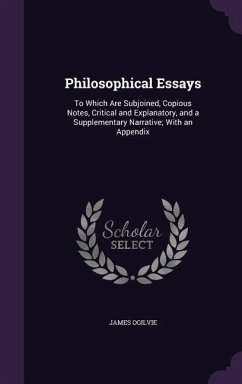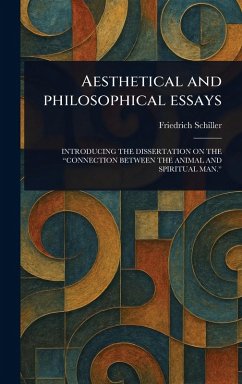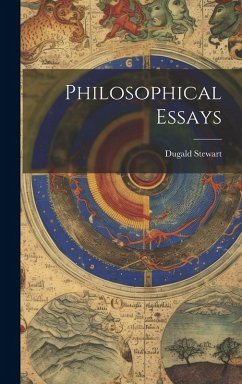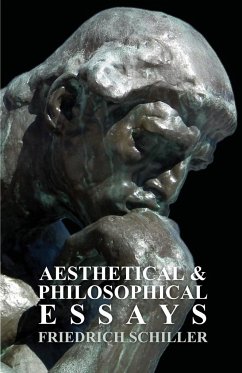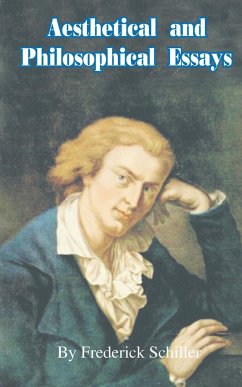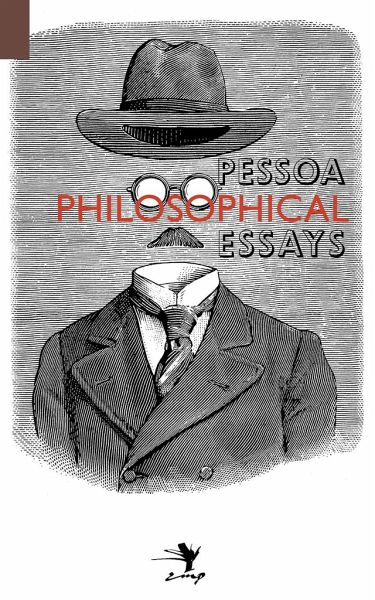
Philosophical Essays
A Critical Edition
Herausgeber: Ribeiro, Nuno
Versandkostenfrei!
Versandfertig in 1-2 Wochen
16,99 €
inkl. MwSt.

PAYBACK Punkte
8 °P sammeln!
Fernando Pessoa claimed to be inhabited by ¿thousands of philosophies,¿ all of which he intended to develop in his unfinished project of English-language Philosophical Essays. The resulting fragments were never published by Pessoa himself and almost the entirety of them are presented in this edition for the very first time in history. This volume exhibits Pessoäs musings and wild insights on the history of philosophy, the failures of subjectivity, and the structure of the universe to reveal an unexpectedly scholarly, facetious, and vigorous theoretical mind. Written under the pre-heteronyms...
Fernando Pessoa claimed to be inhabited by ¿thousands of philosophies,¿ all of which he intended to develop in his unfinished project of English-language Philosophical Essays. The resulting fragments were never published by Pessoa himself and almost the entirety of them are presented in this edition for the very first time in history. This volume exhibits Pessoäs musings and wild insights on the history of philosophy, the failures of subjectivity, and the structure of the universe to reveal an unexpectedly scholarly, facetious, and vigorous theoretical mind. Written under the pre-heteronyms of Charles Robert Anon and Alexander Search, these texts constitute the foundation for the fabrication of Pessoäs future heteronyms. They are the testimony of a writer who referred to himself as a ¿poet animated by philosophy.¿ Through editor Nuno Ribeirös careful critical efforts, a new and fundamental facet of the work of one of modernity¿s most seminal geniuses has now been brought to light in a remarkably reliable and clear fashion.





